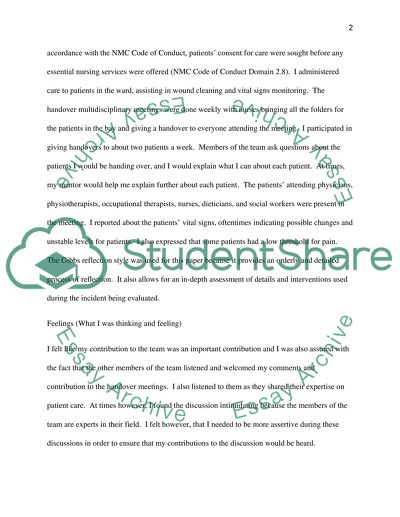Cite this document
(“Select one skill from the Year 1 Essential Skill Clusters that you Essay”, n.d.)
Retrieved from https://studentshare.org/nursing/1465634-select-one-skill-from-the-year
Retrieved from https://studentshare.org/nursing/1465634-select-one-skill-from-the-year
(Select One Skill from the Year 1 Essential Skill Clusters That You Essay)
https://studentshare.org/nursing/1465634-select-one-skill-from-the-year.
https://studentshare.org/nursing/1465634-select-one-skill-from-the-year.
“Select One Skill from the Year 1 Essential Skill Clusters That You Essay”, n.d. https://studentshare.org/nursing/1465634-select-one-skill-from-the-year.


